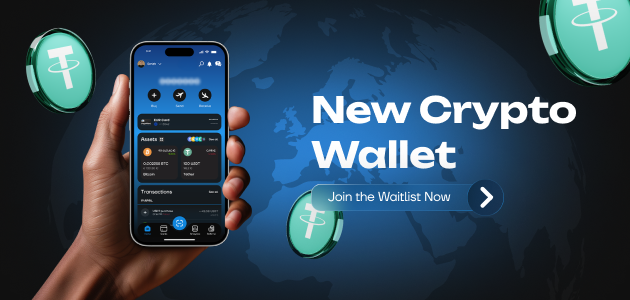Paypilot Partners With PayDo to Supercharge Global Fiat Rails and Alternative Payment Options
June 26, 2025
Paypilot is expanding its settlement toolbox through a strategic integration with PayDo, a London-registered e-money institution known for issuing multi-currency IBANs and processing over 100 regional pay-in methods. The collaboration links PayDo’s banking core and alt-pay API directly into the Paypilot treasury, allowing clients to fund crypto trades via SEPA-Instant, Faster Payments, iDEAL, BLIK, Sofort and dozens of e-wallets — then off-ramp proceeds to dedicated EUR- or GBP-denominated IBANs in minutes rather than days.
Key Benefits for Paypilot Users
- Personal IBANs — Every verified user receives a unique Euro and Pound account number under PayDo’s EMI licence, simplifying compliance and invoice-based deposits.
- SEPA-Instant & Faster Payments — Near-real-time fiat crediting replaces overnight banking batches; funds hit the Paypilot wallet within 30 seconds, ready for crypto conversion or OTC execution.
- 100+ Local Methods — Accept pay-ins through iDEAL (NL), Bancontact (BE), Giropay (DE), BLIK (PL), PIX (BR) and popular wallets like GCash or WeChat Pay, widening Paypilot’s reach to under-banked markets.
- Unified Ledger — Fiat IBAN balances, on-chain assets and card spend flow into one dashboard, giving treasurers a single view of liquidity.
Why PayDo?
Founded in 2018, PayDo combines traditional e-money licensing with a modular payments gateway that bridges card acquirers, alternative payment systems and Tier-1 banks. Its in-house compliance engine screens transactions against EU AML 5 and UK FCA directives, allowing Paypilot to scale across Europe without piecing together local PSP contracts. PayDo’s API also supports mass payouts in 70 fiat currencies — a key upgrade for Web3 creators, play-to-earn guilds and DAOs distributing rewards to a globally dispersed contributor base.
Immediate Use-Cases Unlocked
- Crypto On-Ramp 2.0 — European users can push SEPA-Instant euros straight into BTC, ETH or USDC on Paypilot with sub-60-second settlement, eliminating card chargeback risks.
- Affiliate & Creator Payouts — Influencers and NFT minters withdraw royalties to personal IBANs or local wallets like M-Pesa, all orchestrated from the Paypilot dashboard.
- Merchant Checkout — E-commerce stores embed Paypilot Pay Button and let shoppers choose Klarna, Sofort or local bank redirect; funds settle to the merchant’s PayDo IBAN and auto-convert to stablecoins for hedging.
Enhanced Compliance & Risk Controls
Paypilot will continue to screen crypto-origin deposits via on-chain analytics, while PayDo layers in PSD2-grade KYC and transaction monitoring on the fiat side. Dual-factor authentication secures account access, and every outgoing wire or alternative-payment payout passes OFAC and EU sanctions checks. The companies have also aligned refund and dispute workflows, so merchants handle chargebacks or crypto-to-fiat reversals through a single support channel.
About PayDo
PayDo Ltd. is an FCA-registered Electronic Money Institution headquartered in London with operational hubs across the EU. The platform offers multi-currency e-wallets, white-label IBAN issuing, local acquiring and alternative payments in more than 200 jurisdictions. PayDo’s tech stack processes up to 5 000 transactions per second and supports instant settlement to Visa Direct and SEPA-Instant corridors.
Strategic Vision
Bringing PayDo aboard doesn’t just add another banking rail — it completes Paypilot’s fiat triangle: cards, wires and local A2A. Over the next quarters, both teams will pilot Paypilot Direct Debit (recurring EUR pulling via SEPA Core) and Contextual FX, letting users lock spot rates when converting fiat to stablecoins. Long-term, Paypilot plans to route stablecoin redemptions through PayDo’s SWIFT network, creating a two-click pathway from on-chain USDC to a corporate USD IBAN at a Tier-1 bank.
Final Word
With PayDo’s instant IBANs and pan-European alternative payments welded into Paypilot’s crypto engine, users and merchants can move value between local bank rails and digital assets faster than ever — while staying under a single regulatory umbrella. It’s another leap toward a seamless, borderless treasury where fiat and crypto liquidity coexist in real time.



